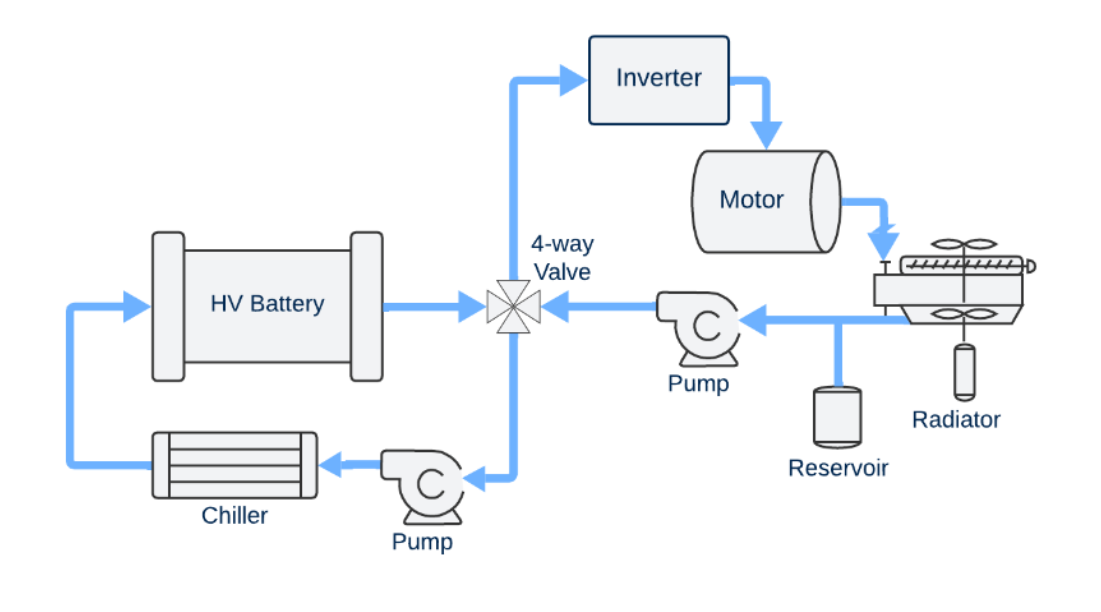A recent review article published in the journal Nutrients discussed how the gut microbiota is implicated in the development and progression of eating disorders in women. The article also highlighted emerging microbiota-focused therapies that could serve as valuable additions to traditional psychological and pharmaceutical treatments.
Background
Eating disorders comprise a range of conditions characterized by abnormal eating patterns that can seriously impact both physical and mental well-being. Among these, anorexia nervosa, bulimia nervosa, and binge eating disorder are the most prevalent, with women disproportionately affected. Psychological issues like distorted body image, an overwhelming fear of gaining weight, and compensatory behaviors frequently accompany these conditions.
The gut microbiota plays a vital role in regulating multiple physiological processes and is strongly linked to human health and disease states. Research has found that women suffering from eating disorders often show significant changes in their gut microbial composition and activity. Hormonal shifts associated with menstruation, pregnancy, and menopause further influence gut microbiota profiles, potentially heightening the risk of eating disorders.
Gut Microbiota Changes in Eating Disorders
Alterations in the gut microbiota can substantially contribute to the complex pathophysiology of eating disorders. Such changes may stem from infections—viral, bacterial, or parasitic—that disrupt the gut-brain axis, possibly raising the risk of disordered eating.
A decline in microbial diversity and shifts toward specific bacterial groups have been linked to increased production of inflammatory cytokines. These cytokines can cross the blood-brain barrier, altering neurotransmitter pathways in the brain.
GABA, an inhibitory neurotransmitter, can directly shape eating patterns through its interactions with gut-derived microbial metabolites that regulate hormones like GLP-1, PYY, and CCK. Bacteria capable of producing GABA, especially those from the Bacteroides genus, play a critical role in modulating appetite.
Impaired regulation of gut peptides linked to appetite can lead to diminished hunger, faulty satiety signaling, and disrupted gut motility—factors that heighten the risk of anorexia nervosa, which is marked by severe calorie restriction, significant weight loss, and related psychological symptoms.
Psychotropic medications prescribed for eating disorders, as well as chronic calorie restriction typical in anorexia nervosa, can reduce gut microbial diversity and cause a shift away from beneficial bacteria toward more harmful strains.
Recent evidence points to a complex interplay among immune-inflammatory pathways, disordered eating habits, and mood disturbances. For example, in people with anorexia nervosa, there is often a noted decrease in bacteria that produce short-chain fatty acids (SCFAs). This imbalance can weaken intestinal barriers, allowing microbes and their metabolites to enter the bloodstream, triggering an inflammatory response that impacts brain signaling.
Gut-derived SCFAs are essential for appetite regulation and metabolic balance, as they enhance satiety hormones such as leptin, GLP-1, and PYY. SCFAs also influence the brain by modulating neuroinflammation, supporting microglial development, and regulating neurotransmitter and neurotrophic factor synthesis. Brain inflammation can suppress appetite-stimulating hormones like ghrelin, increasing satiety prematurely and reducing food intake. However, SCFAs’ effects on appetite can vary depending on diet, microbial strains, and individual physiology.
Hormonal Influences in Women
Female sex hormones like estrogen and progesterone have a profound impact on gut and vaginal microbiota. High levels of estrogen metabolites are associated with greater microbial diversity, whereas elevated levels of unmetabolized estrogens are linked to risks like breast cancer.
The term estrogenome describes bacterial genes in the gut that deconjugate estrogens, allowing them to re-enter circulation. Estrogens are crucial for intestinal motility, barrier integrity, and for promoting a diverse and healthy microbiota. In turn, the gut microbiota significantly influences estrogen metabolism. Any imbalance in this estrogen–microbiota axis may contribute to hormone-related disorders with metabolic and psychological dimensions.
Hormonal fluctuations during menstruation, pregnancy, or menopause can disturb the gut’s microbial balance. Such shifts have been tied to mood swings, appetite changes, and food cravings—factors commonly seen in eating disorders. For women with existing psychological vulnerabilities, hormone-driven changes in the microbiota may aggravate disordered eating patterns, particularly during life stages like puberty, pregnancy, or menopause.
Gut Microbiota-Targeted Therapies
Traditional psychological and medication-based treatments for eating disorders have shown limited success in many cases. Given the gut microbiota’s key role, scientists are exploring microbiota-targeted therapies—including probiotics, prebiotics, dietary adjustments, and fecal microbiota transplantation (FMT)—as potential supportive strategies.
Animal research indicates that probiotics may positively influence eating behaviors by supporting satiety, reducing compulsive eating tendencies, and modulating food addiction pathways. These benefits appear linked to probiotics’ effects on gut microbiota composition and the generation of beneficial metabolites, hormones, and neurotransmitters that strengthen the gut-brain connection.
In human studies, combining probiotic supplementation with cognitive-behavioral therapy or weight management programs has shown promise in improving body measurements, reducing food addiction, and better regulating eating habits. In obese individuals, probiotics paired with dietary changes have helped alleviate binge eating tendencies, mood issues, and metabolic imbalances.
FMT is another emerging approach aimed at restoring gut microbial equilibrium. Small-scale trials in patients with anorexia have shown improvements in body weight, fat percentage, microbiota diversity, and microbial metabolites following FMT. However, larger studies are needed to establish its long-term safety and effectiveness for eating disorder treatment.
Additionally, personalized nutrition plans and microbiome-based therapies are gaining momentum. These customized interventions focus on tailoring diet plans, psychobiotic supplements, and other strategies to the individual’s gut microbiota and nutritional needs, aiming to repair gut health and improve outcomes.
Although these new interventions show promise, they are still in experimental stages and require more rigorous clinical validation before becoming mainstream treatment options.








